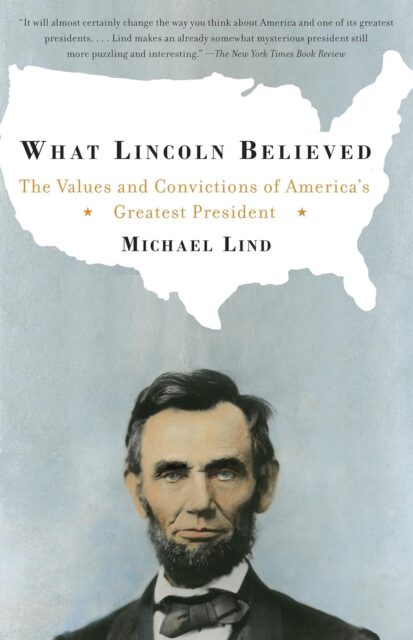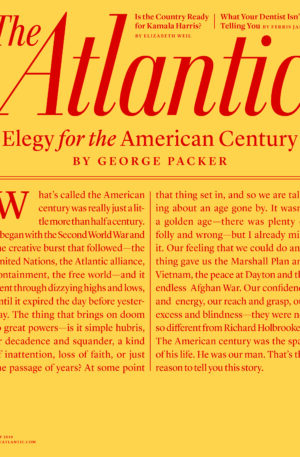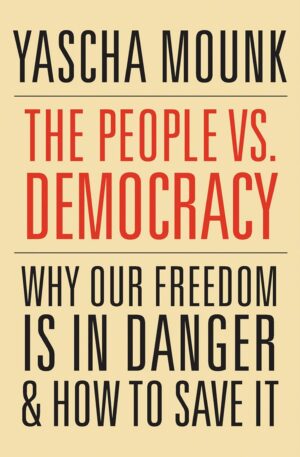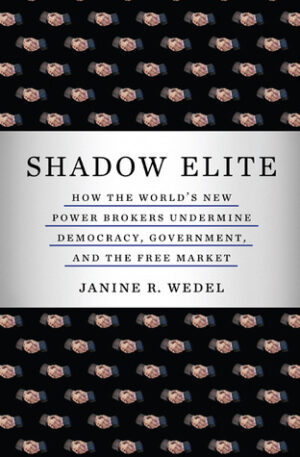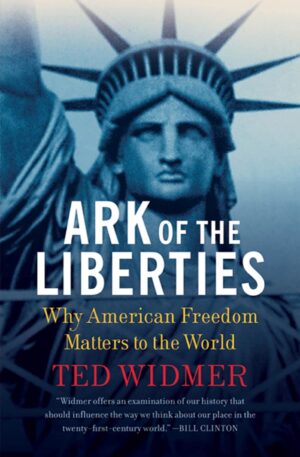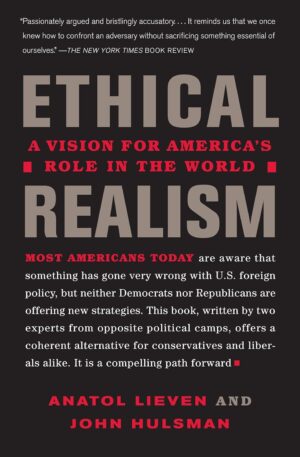Countless books have been written about Abraham Lincoln, yet few historians and biographers have taken Lincoln seriously as a thinker or attempted to place him in the context of major intellectual traditions. In this refreshing, brilliantly argued portrait, Michael Lind examines the ideas and beliefs that guided Lincoln as a statesman and shaped the United States in its time of great crisis.
In a century in which revolutions against monarchy and dictatorship in Europe and Latin America had failed, Lincoln believed that liberal democracy must be defended for the good of the world. During an age in which many argued that only whites were capable of republican government, Lincoln insisted on the universality of human rights and the potential for democracy everywhere. Yet he also held many of the prejudices of his time; his opposition to slavery was rooted in his allegiance to the ideals of the American Revolution, not support for racial equality. Challenging popular myths and capturing Lincoln’s strengths and flaws, Lind offers fascinating and revelatory insights that deepen our understanding of this great and complicated man.
